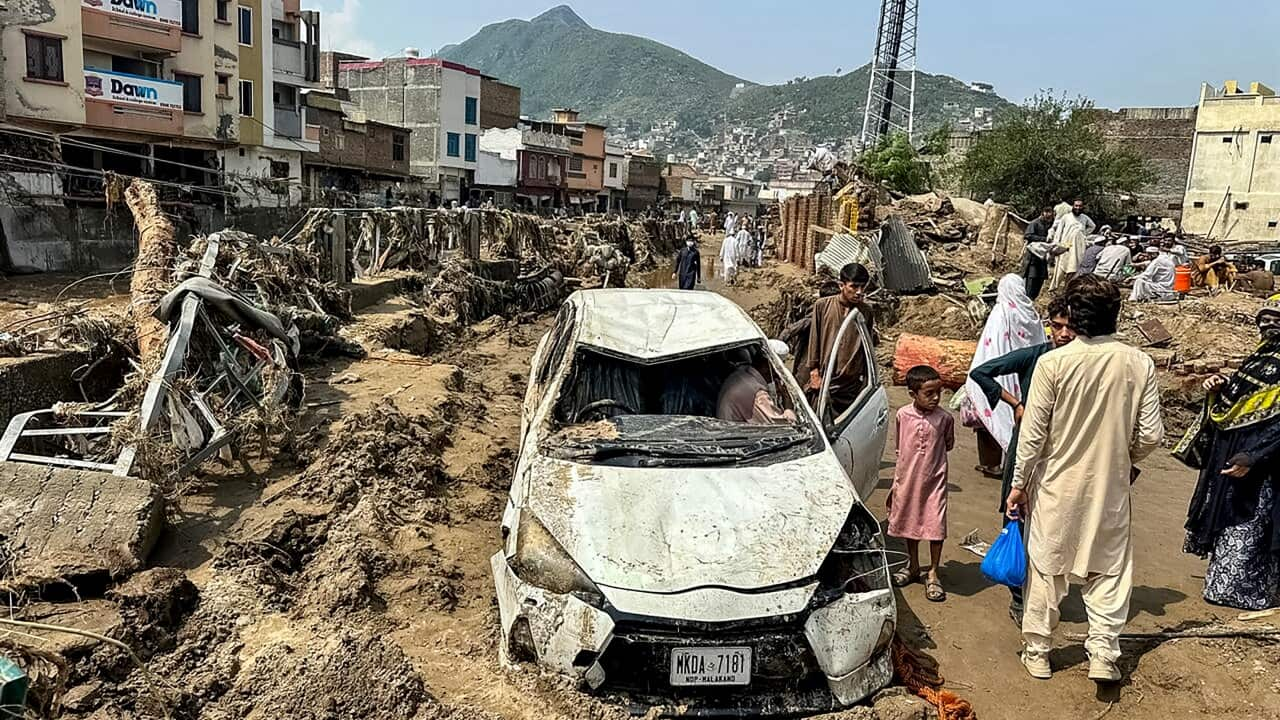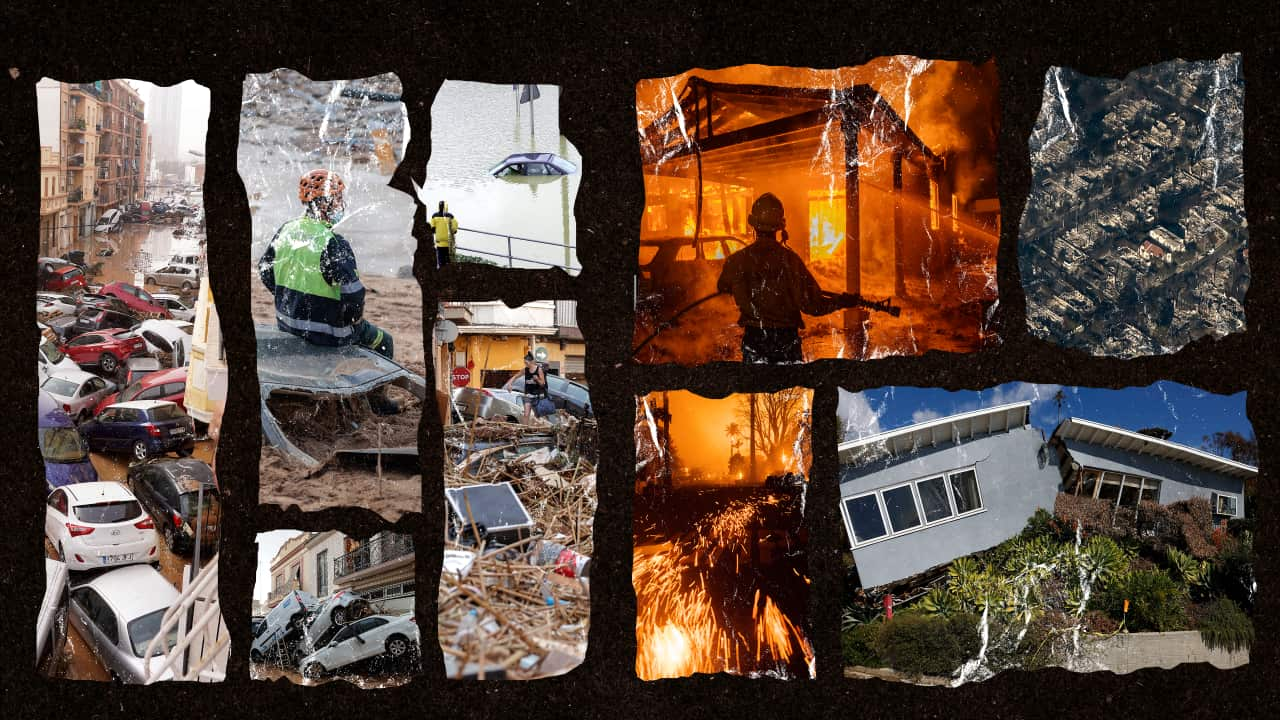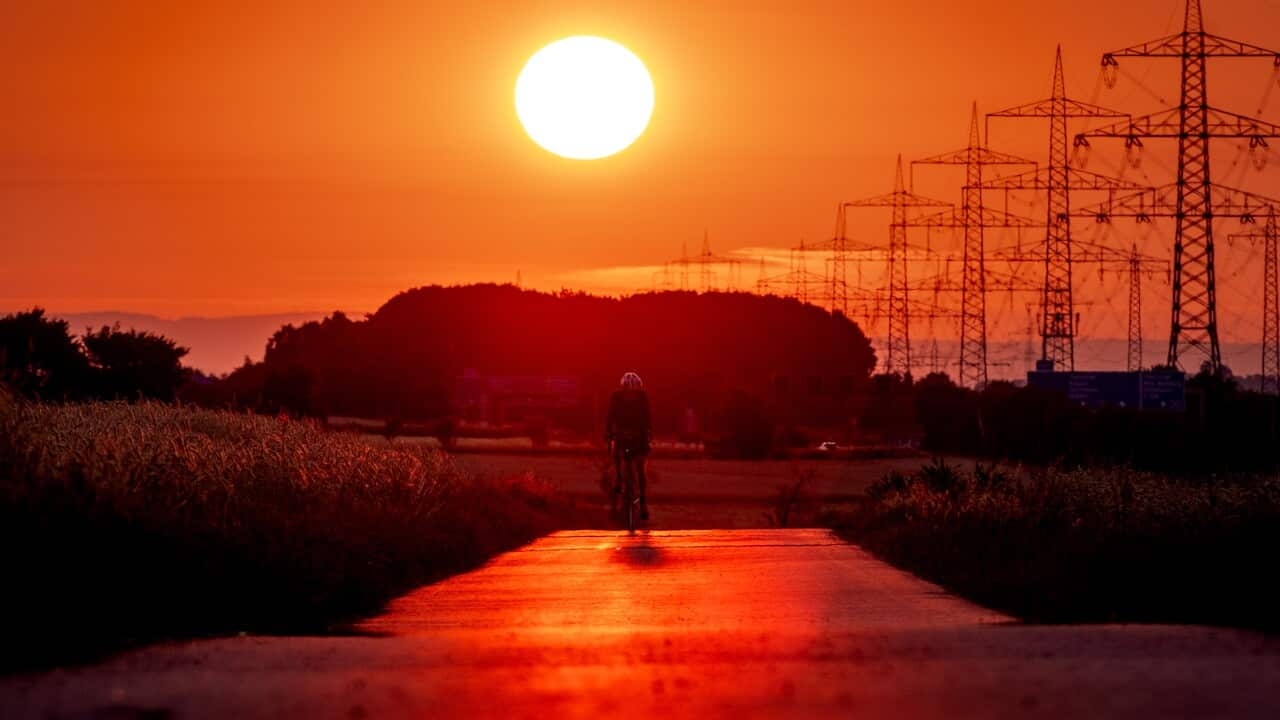The death toll from heavy monsoon rains that have triggered flash floods across northern Pakistan has risen to at least 320 people in the past 48 hours, according to disaster agencies.
The majority of the deaths were recorded in mountainous Khyber Pakhtunkhwa province, according to the National Disaster Management Authority.
First responders have been trying to recover bodies in the worst-hit villages of Pir Baba and Malik Pura, where most people died on Friday, according to Kashif Qayyum, a deputy commissioner in Bunar.
Mohammad Khan, a Pir Baba resident, said people had no time to escape.
"We do not know from where the floodwater came, but it came so fast that many could not leave their homes," he said.
Nine more people were killed in Pakistan-administered Kashmir, while five died in the northern Gilgit-Baltistan region.
Most were killed in flash floods and collapsing houses, while 21 others were injured.
The meteorological department has issued a heavy rain alert for Pakistan's northwest, urging people to take "precautionary measures".
Meanwhile, the provincial rescue agency said that around 2,000 rescue workers were engaged in recovering bodies from the debris and carrying out relief operations in nine affected districts.
"Heavy rainfall, landslides in several areas, and washed-out roads are causing significant challenges in delivering aid, particularly in transporting heavy machinery and ambulances," Bilal Ahmed Faizi, spokesman for Khyber Pakhtunkhwa's Rescue agency said.
"Due to road closures in most areas, rescue workers are travelling on foot to conduct operations in remote regions," he added.
"They are trying to evacuate survivors, but very few people are relocating due to the deaths of their relatives or loved ones being trapped in the debris."
Such cloudbursts are increasingly common in India's Himalayan regions and Pakistan's northern areas, and experts have said climate change is a contributing factor.
Pakistani officials said rescuers since Thursday have evacuated more than 3,500 tourists trapped in flood-hit areas across the country.
Many tourists have ignored government warnings that urged people to avoid flood-hit regions in the northern and northwestern regions, fearing more landslides and flash floods.
In 2022, Pakistan witnessed the worst monsoon season that killed more than 1,700 people and caused an estimated $61 billion in damage.
Share



